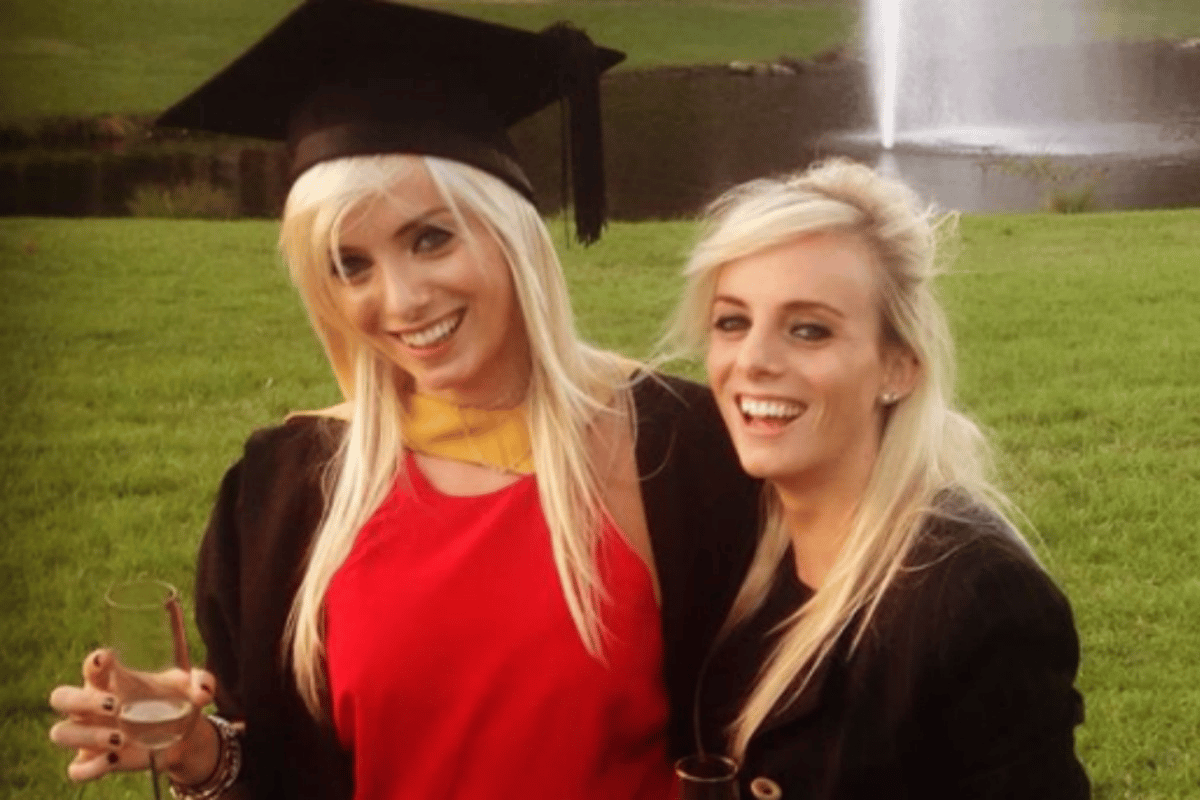
When I began my university degree in 2009, I knew exactly what I was doing.
I was enrolling in a course that would fulfil my one and only objective: To know everything.
By the time I graduated at the end of 2011, it was my hope that I would know everything there is to know. About the world. And the people in it. I wanted to study post-structuralism and philosophy. I wanted to know why the Roman Empire fell and what led to the Jewish Holocaust. I wanted to read the most important novels ever written, and think about love poetry composed thousands of years ago.
To be completely honest, I never thought about my career prospects. My parents, both teachers, instilled within me a passion for learning, not as a means to an end, but as an end in itself. And I figured that if you follow your interests, then you're bound to end up somewhere interesting.
But it seems the Australian government aren't too keen on that approach.
Last Friday, the Education Minister Dan Tehan announced they would be doubling the cost of an Arts degree, in the hopes of steering young Australians into degrees that would lead to better jobs. Somewhere the message got lost that the purpose of universities is also — and always has been — to learn for the sake of learning.
Of course, disdain for Arts degrees isn't new. I remember being embarrassed to tell people what I was studying because I was painfully aware of the way in which Arts degrees are the butt of a very unfunny cultural joke. Students who study Arts are seen as indecisive, not particularly smart (if we were smart we'd be doing Law), lazy and ultimately unqualified to do anything meaningful.
But here's what people are missing.

Top Comments